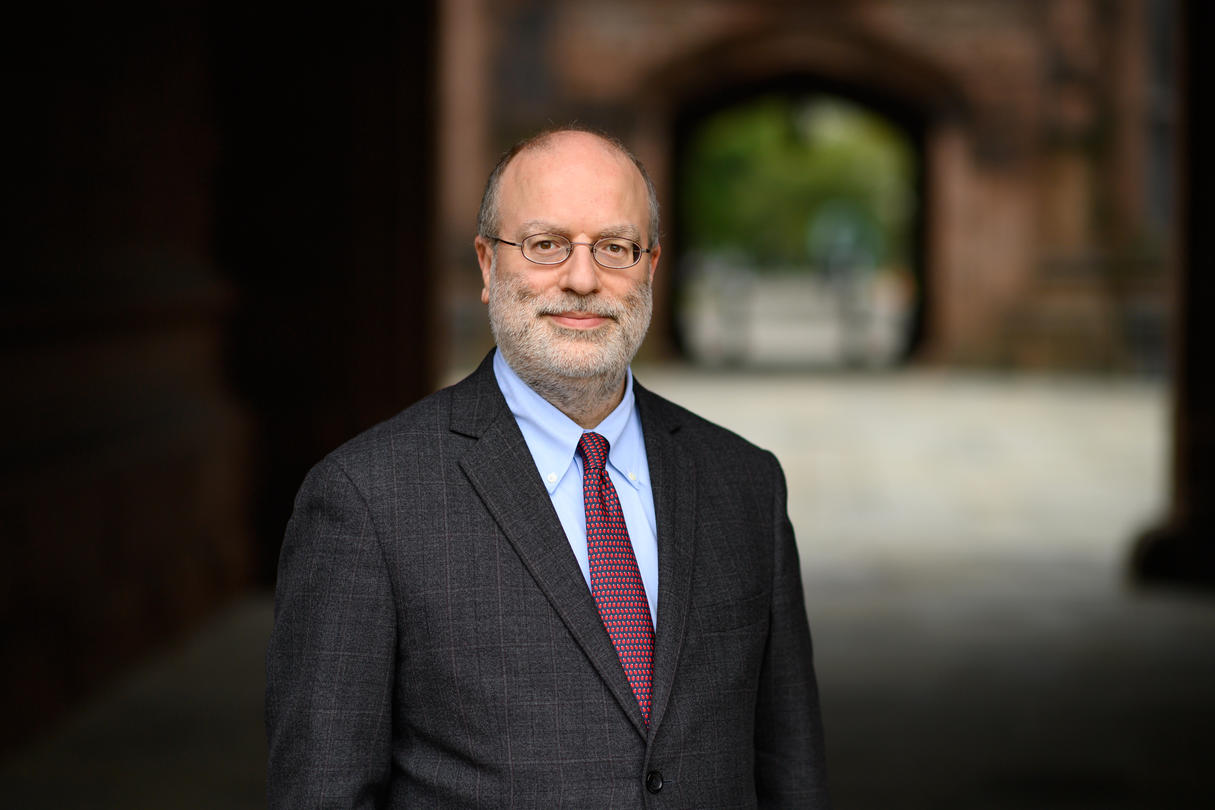Dean Michael D. Gordin: 'Peaces, Like Wars, Are Made'

This issue of Princeton Int’l is devoted to “war and peace.” Armed conflict within and between groups and nations is so constant and so salient to our minds and news feeds that it becomes hard to recognize the peace we aspire to, which does eventually conclude each war — though it may take a long time, and it may not feel peaceful when it comes.
Although Princeton’s campus has not been the site of a shooting war since Jan. 3, 1777, wars both American and otherwise continue to shape it profoundly. Indeed, perhaps more than any given war, the periods of peace following those wars have been significant for the institution and those who later came to pass through it. Consider three examples, recent enough that there are some readers of these lines who will remember all of them.
World War II initially marked Princeton’s campus by emptying it, as students and faculty alike joined the war effort while officers cycled through to be trained in many of the technologies and methods of military violence. What came with the peace was much the opposite: Campus filled — with veterans using the GI Bill; with faculty who returned from various forms of service on battlefields, laboratories, and the home front; and with an expansive reimagining of federal funding of research, both civilian and military. The research university, embryonic in the interwar era, reached maturity in these early postwar years of a cold but prosperous peace.
Two decades later, the Vietnam War splintered the campus with controversy, as some were drafted into combat or volunteered, and some faculty advised the highest levels of the Pentagon on its conduct — juxtaposed with other faculty and students together vehemently protesting the conflict. (Both sides, too little recognized, believed they were acting for a more peaceful future.) The unrest of that era transformed the University, creating new structures of governance — the Council of the Princeton University Community, for example — opening the campus to the broader community and bringing about social transformations, including a rapid and long-overdue diversification of the student body.
The third war is not a single event but an ongoing series of “forever wars” that have studded the 30 years since the Cold War came to what now seems to have been an unstable conclusion: Iraq, Afghanistan, Syria, Ukraine, Gaza, and many others. Those five wars are ongoing, as is the campus’ passionate engagement with them, both through scholarship and outside of it. What Princeton will make of the peace in their wakes is unknown.
Peaces, like wars, are made. How they are made shapes our understanding of how the next war is understood and inspires how we once again take up the hard labor of ending that conflict. It is a mission that animates much of the scholarly work that takes place at Princeton and that you will see reflected throughout this issue.
-Michael D. Gordin, Dean of the College, Rosengarten Professor of Modern and Contemporary History

